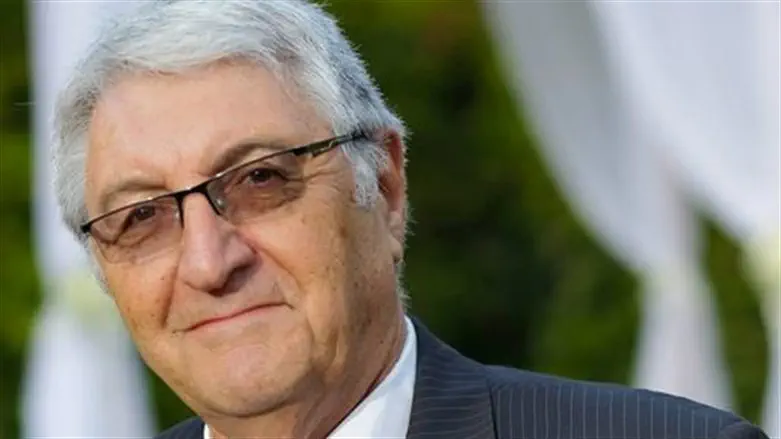
There are lots of types of wars and conflicts, and many examples of victories and defeats throughout history.
What all of them have in common is that they end when one side gives up and realizes it can not achieve its war aims.
The strategy of the Arab violent rejectionist war against the Jewish people’s right to self-determination, which is now well into its second century, has not dramatically changed throughout the decades, despite the ever-evolving tactics. It is simply to end the idea of Jewish national sovereignty anywhere in its indigenous and ancestral homeland.
The tactics have involved traditional warfare, terrorism, economic boycotts and chipping away at support for the State of Israel in international institutions and the global court of public opinion, among others.
The theme has always been that the Jews have no national, historic or legal rights and the Jewish State is illegitimate and should be ended.
While most of the focus in recent years has been on the terrorist organizations like Hamas and Islamic Jihad, and even parts of the ruling Fatah party, we forgot that this battle is also waged on the Arab Israeli street.
The riots of last year during Operation Guardian of the Walls brought home that many Arab citizens of Israel, who enjoy full rights and benefits, seek to inflict violence against their Jewish neighbors and are easily incited to attack symbols of the Jewish State.
This should concern us all. However, there is some good news over the last year.
We saw an opposite trend when the Ra’am political party leader Mansour Abbas said Israel was born Jewish and will remain so.
While some might scoff, this is a very significant statement by an Arab Israeli leader, especially one who leads an Islamist party.
This statement says to his followers that the Jewish State is permanent, the war has been lost and we accept this reality. It does not mean that Abbas and his supporters are flag-waving Zionists, it just means that they have accepted defeat.
On the other hand, we see members of the other significant Arab party, the Joint List, not only far from crossing the Rubicon, but actively still in the heart of rejectionism against Jewish sovereignty and even incitement.
To defeat this second, much larger group, we need to do two things.
Firstly, we need to show how much can be gained from defeat. Once a group has accepted defeat, they should be given assistance to help their community, to see how the seeds of defeat can be sown for the betterment of the defeated.
Once the weapons, rhetorical or otherwise, have been laid down, the victor can be magnanimous.
Defeat does not need to involve violence; it can also be incentivized through benefits.
The second aspect is to continue to press hard against those who still harbor hopes of ultimate victory, in other words, those leaders who will not recognize Israel’s national character and hope for it to be destroyed.
The two main protagonists here are Joint List leaders Ayman Odeh and Ahmad Tibi, neither of whom have shown any spirit of compromise or concession.
Tibi in the past has been very open and honest about this opposition, declaring his “natural and logical opposition to Israel as the state of the Jewish nation”.
Odeh has incited Arab members of the security forces into open rebellion to force a Palestinian state in Israeli territory.
These two, whose strings are reportedly pulled from Ramallah, have led the rejectionism inside Israel to devastating effect, as witnessed last year in the mixed cities and frequently on the Temple Mount.
They should be pressured to give up their war aims sooner rather than later, because these two distinct trends in Arab Israeli society are fighting each other for superiority. We need to strengthen the side which has accepted defeat and fight until victory against those who still continue their over 100-year war against Jewish sovereignty.
This is a key moment in the conflict whose results can have wider ramifications in Israel’s mixed cities, the Palestinian Authority, Gaza, and beyond.
There is a reason why Yasser Arafat used to claim that the ’48 Palestinians’, Arab citizens of Israel, are his greatest weapon. He saw how they can be used as an important bridgehead in his war against Israel.
Israel needs to end the war inside its borders to remove a massive part of the Arab war machinery of violent rejectionism, and it needs to prioritize it now.
Alex Nachumson is a Major (Res) in the IDF, CEO of “Mivtachi Israel”, an organization of former IDF Officers, and Adviser to the Israel Victory Project.